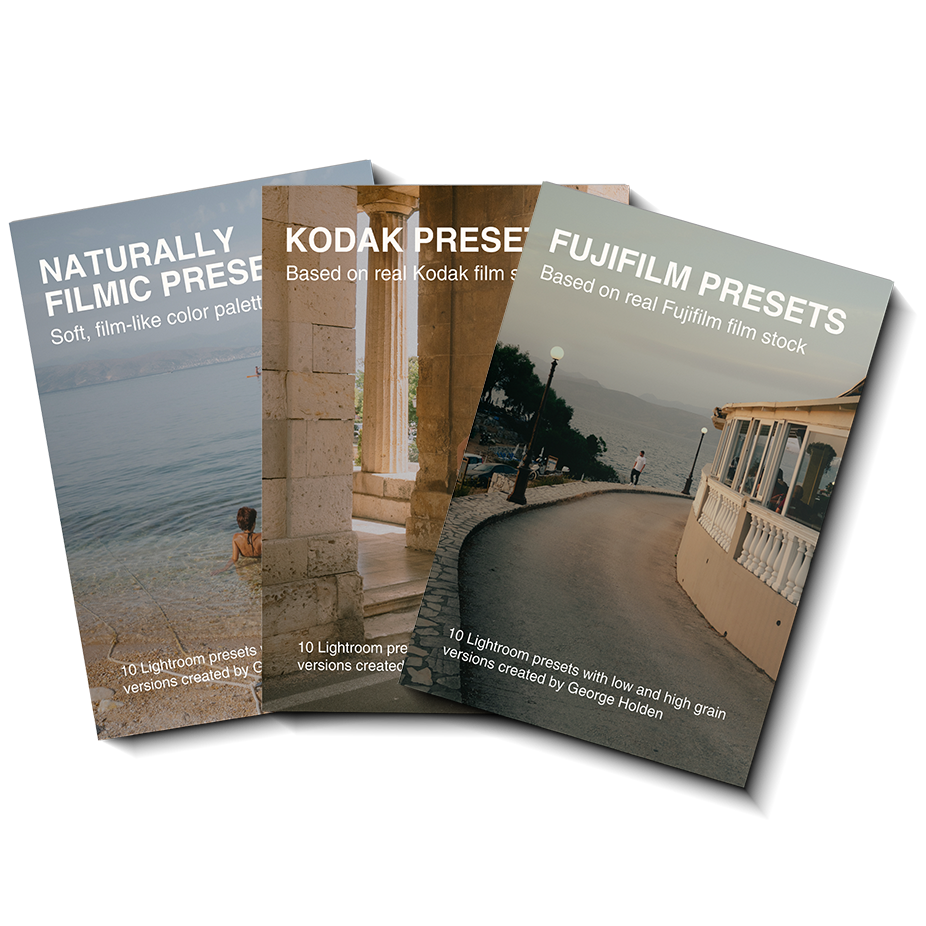Why Everyone Needs a Compact Camera
Let’s talk about a modern marvel: that little device we all carry around—the Swiss Army knife of today's life. It navigates, illuminates, pays, plays, earns you a living, orders you food, and—yes—it even has a camera. It’s an overpowered anxiety brick that, like it or not, we can’t seem to live without. Yay for us, right?
But as it turns out, people are craving something different when it comes to photography. There’s been a noticeable shift over the past few years: compact cameras, both digital and film, are making a big comeback. I recently attended a wedding and noticed nearly every guest was sporting a Canon G7X. It’s not just your everyday photographers, either; celebrities are ditching their smartphones for these compact cameras, too.
It seems everyone is longing for a more "unplugged" photography experience. And it's not limited to digital cameras. You’ve probably seen the resurgence of film photography. Remember "Indy Sleaze?" If you don’t, it was a trend loaded with retro vibes—fashion, music, and, of course, cameras. I was a bit young for it the first time around, but I did use an old Canon IXR 70 to launch my first YouTube channel back in 2006 (and no, those videos are NOT on the internet!).
Today, these compact cameras are more than just a nod to vintage aesthetics. Sure, they fit right in with the retro “Indy Sleaze” vibe, but for me, as a photographer and filmmaker, they represent so much more. These cameras offer a tactile, engaging experience that smartphones just can’t replicate. They bring back the joy of simply taking a picture—without the pressure of perfection or the distraction of notifications.
Even those who missed the “Indy Sleaze” era are feeling a nostalgic pull, reaching for something comforting from the past to escape today’s constant connectivity. If you want to feel like you’re living in another time, pick up an old film camera—or better yet, grab the brand-new Pentax 17. Yes, Pentax is back with a half-frame film camera, and it’s already generating a lot of buzz.
But here's what’s really interesting: photographers seem to be actively seeking alternatives to the relentless tech race. Pentax’s move is a fresh take, and it’s catching on. And it got me thinking…
The New Wave of Photography
I recently listened to a podcast with Tyler Stalman, who was chatting with Jordan and Chris from Petapixel, and they hit the nail on the head: photographers are turning away from the tech-driven approach to something more fulfilling. Analog is having a renaissance, and the market for pocketable cameras is exploding. Leica, for example, continues to shine, accelerating its camera programs in a big way.
Why is this happening? Well, for one, the relentless "resolution race" has plateaued. We’ve shifted into the realm of AI features—AI autofocus, AI upscaling—and while these innovations are groundbreaking, they only really impact top-tier professionals who need every bit of cutting-edge tech. For the rest of us, consumer cameras are feeling stagnant, with pro features trickling down in ways we don't really need.
Instead of chasing after the latest flagship models, many photographers are hunting for cameras that genuinely feel fun to use. You’ll find us trawling through eBay listings or second-hand shops, looking for something unique and engaging—something that doesn’t just check all the boxes for specs but sparks a creative thrill. We want a camera that makes us think, that challenges us, and that brings back the joy of photography.
Powershot G9. Edited using my Milano Lightroom Preset.
The Joy of Embracing Imperfection
For video work, I look for reliable, feature-packed cameras. But when it comes to photography, whether digital or film, I find myself reaching for older models. They don’t offer the perfection and responsiveness of modern gear, but that’s precisely the point. These cameras allow you to embrace imperfection and truly enjoy the process.
These nostalgic cameras appeal to both professionals and hobbyists because they remind us of simpler times—like grabbing the family camera off the kitchen table, snapping a few photos, and never worrying about the results. It was all about the experience, not the outcome.
My Favorite YouTube Comment
Here’s my favorite comment I often see on my YouTube channel: “My phone takes better photos than this camera.” And you know what? It makes me smile every time. For many, a photo should be perfect—sharp, clear, and true to life. But for those of us who love the craft, it’s not about perfection. It’s about engaging with the medium, experimenting, and letting creativity take the reins.
Whether you’re using a 2000s Digicam or a film point-and-shoot, these cameras engage your brain and spark creativity in ways that smartphone photography never will. They’re unpredictable, they leave things to chance, and they’re just plain fun.
The Cameras That Keep Us Engaged
Some of my most enjoyable photo walks have been with these quirky, older cameras—be it a digital compact from the early 2000s or a classic film camera from the 60s. Stripping away all the bells and whistles forces you to think differently and respect the medium more. When I curate my photography portfolio, the images that stand out are rarely from the latest and greatest gear. They’re from these little underdog cameras that force me to slow down, observe, and truly engage with the world around me.
If you’re intrigued by this approach, I encourage you to check out one of these low-res, fun-to-use cameras. Trust me, it might just reignite your love for photography.







